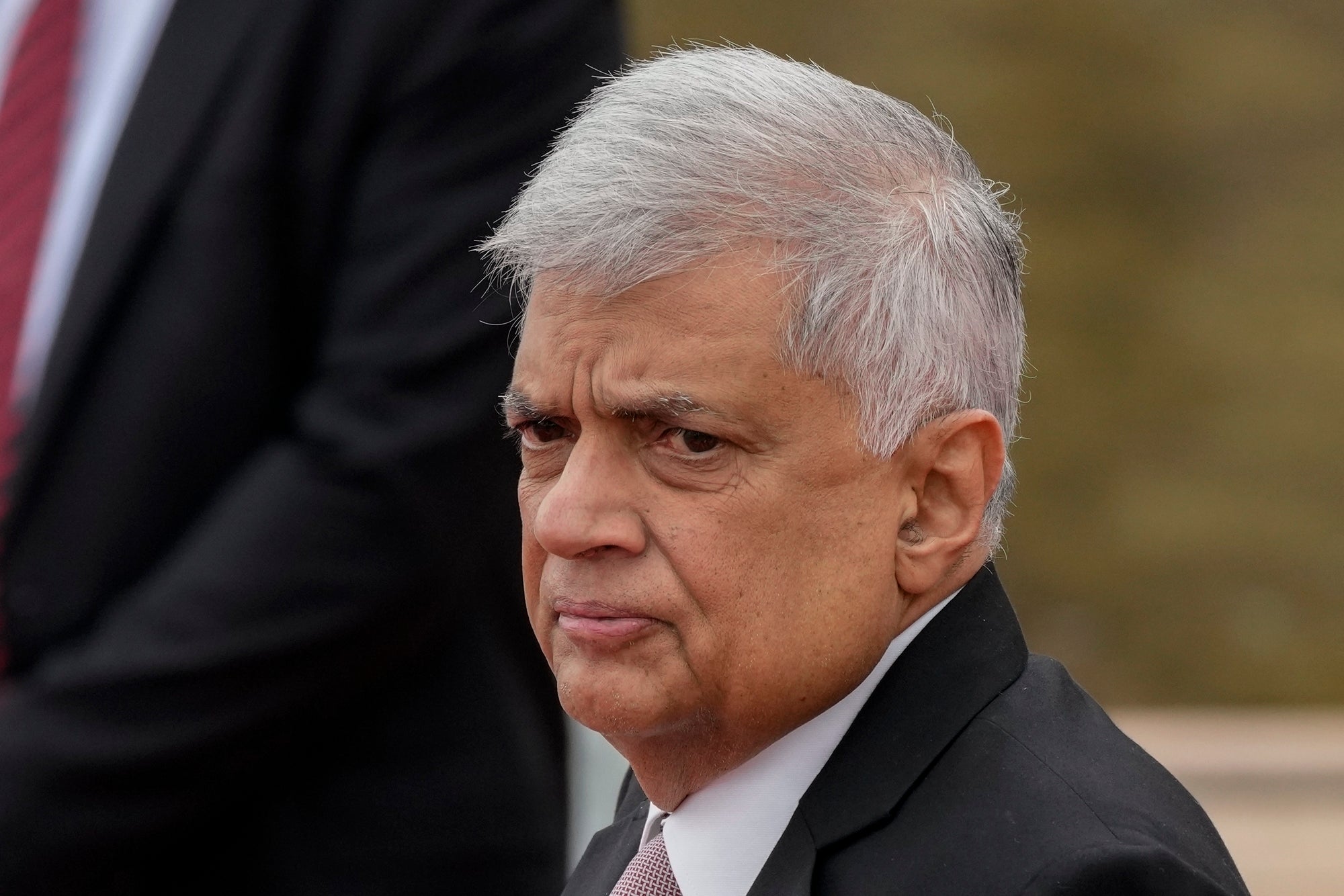Sri Lankan president vows to strengthen provincial governments to share power with Tamil minority
Sri Lanka’s president says he will strengthen provincial governments to meet long-standing demands for self-rule from the ethnic Tamil minority, an issue that led to a bloody quarter-century civil war in the island nation

Sri Lanka’s president said Wednesday he will strengthen provincial governments to meet long-standing demands for self-rule from the ethnic Tamil minority, an issue that led to a bloody quarter-century civil war in the island nation.
The provincial councils were introduced in Sri Lanka in 1987 after neighboring India intervened to resolve the ethnic conflict. But the system has not been fully functional because Tamil separatist rebels rejected the deal and successive governments usurped powers given to the provinces.
President Ranil Wickremesinghe in a speech to Parliament said he will take steps to prevent confusion, overlap and intervention from the central government in provinces exercising their powers.
But he said provinces would not be allowed to exercise police powers immediately since opposition by the majority ethnic Sinhalese could derail the process.
Tamil lawmakers have demanded a federal system short of separation and say the provincial system is far from meeting their demands.
Sri Lanka's Tamil community, who make up about 11% of the country's 22 million people, consider themselves a separate nation unified with the rest of the island by the British colonial rulers. The separatist civil war broke out in 1983 after years of failed attempts since independence to share power within a unified country.
India, which has its own sizable Tamil population, intervened in 1987 and signed an agreement with Sri Lanka to resolve the conflict through a provincial council system. Some Tamil armed groups accepted the deal as a starting point to be strengthened later. But the Tamil Tigers, the largest group, rejected it and continued to fight for separation.
Government troops crushed the Tamil Tigers in 2009 and since then the government has faced international pressure to resolve the power-sharing issue through talks.
Bookmark popover
Removed from bookmarks